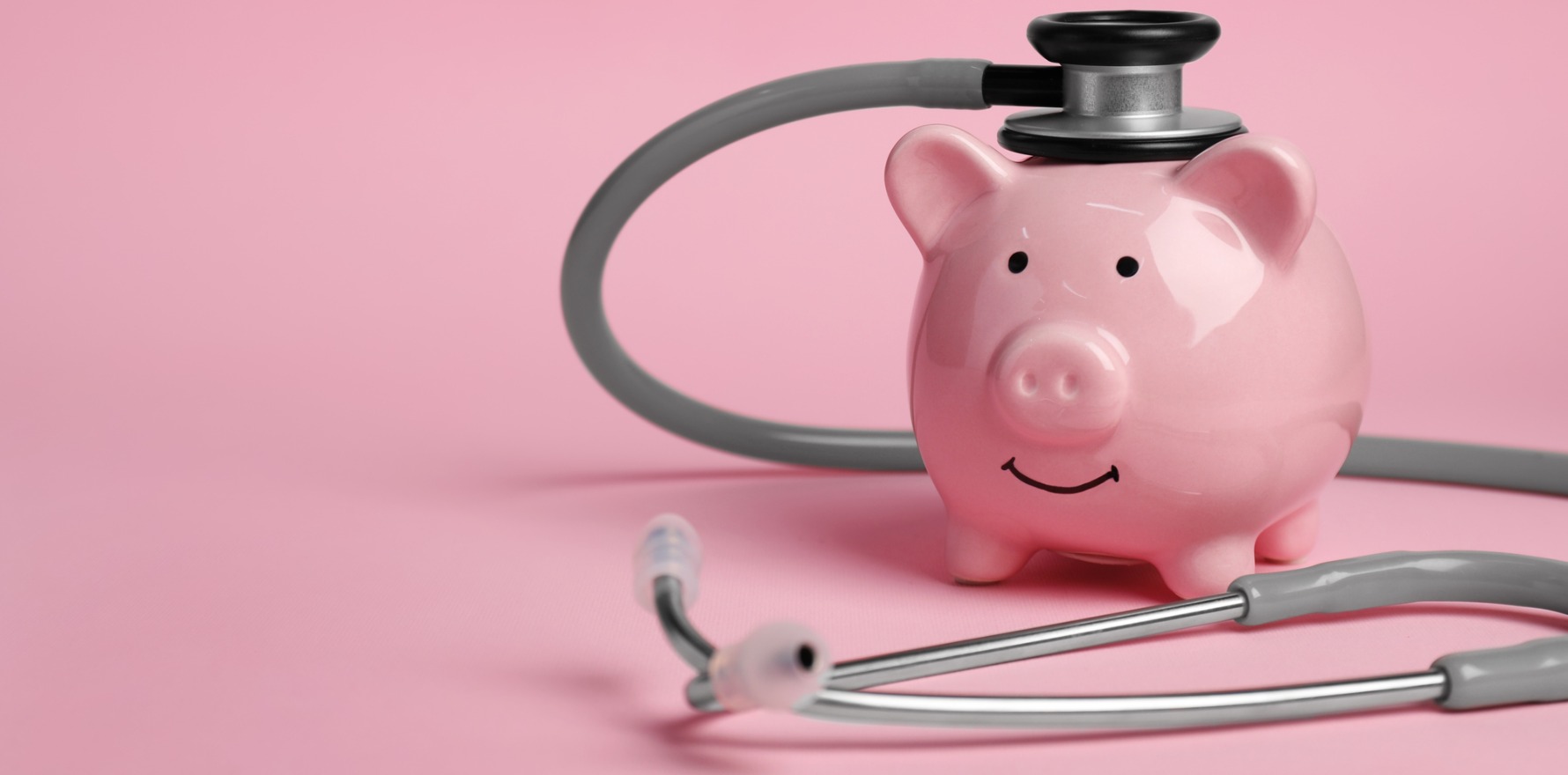This RACGP budget wish list item is a little different to the axed Healthy Kids Check.
One of the RACGP’s key budget asks is being billed as a reincarnation of the Healthy Kids Check, but there are several key differences between what the college is proposing and the now defunct nurse-led item.
For the most part, these alterations will be good news for GPs.
But first, a refresher
The Healthy Kids Check was introduced in 2008 and cut from the MBS in 2015 by the Abbott government during its drive to slash Medicare funding.
It was a one-off, practice nurse-led assessment that was meant to coincide with the child’s four-year-old vaccination schedule.
The checks, which were performed under GP supervision, included mandatory measures of a child’s height, weight, eyesight, hearing, oral health, toilet habits and allergies.
Additional assessments – things like eating habits, motor skills and language – were often included.
“There was data to suggest that one in five [checks] did yield further information that required intervention or examination,” RACGP vice president Associate Professor Michael Clements told The Medical Republic.
When the item was cut, the government said GPs could continue to provide child health assessments under time-based attendance items.
This ignored the fact that it was practice nurses, not GPs, who had been conducting the health checks.
At the time it was axed, around one in two children was being seen for a Healthy Kids Check.
The patient rebate for the check was worth $58.20 in 2015, which would be $73.11 in 2024 dollars.
Related
The RACGP proposal
The new iteration of the Healthy Kids Check proposed by the RACGP in its pre-budget submission differs in two key ways: it would be annual, and it would come with the higher price tag of $167.56.
The college calculated the checks as being worth 85% of an item 705, which covers health assessments lasting 45 minutes to an hour.
Around five million Australian children would be eligible per year, requiring an investment of $838m annually.
The college also proposed that the annual check be supported via MyMedicare, presumably meaning that it would only be open to patients who had registered with their GP.
According to Professor Clements, the benefit in making it a yearly check for all children under five comes from developing a relationship with the child over time.
“The health assessment is an opportunity for the family to book in when the child is well, not when they have an acute illness,” he said.
“The idea is to spend time with the nurse going through everything from feeding and diet to sleeping patterns and food refusal – all the normal toddler stuff, but then also on the developmental aspects.
“Is the child developing their speech? Are they interacting socially? Are they physically developing as we would expect?”
This year’s May budget is hotly anticipated, as big players in the primary health space wait to see if the government will double down on its 2023 investment in Medicare.
“We recognise that the government is making very targeted investments into Medicare and into the health system,” Professor Clements said.
“It’s not looking for a broad approach to solving access to all patients, but we saw that when it did turn its mind to a particular demographic, such as rural and regional [healthcare card holders], it did work.”





